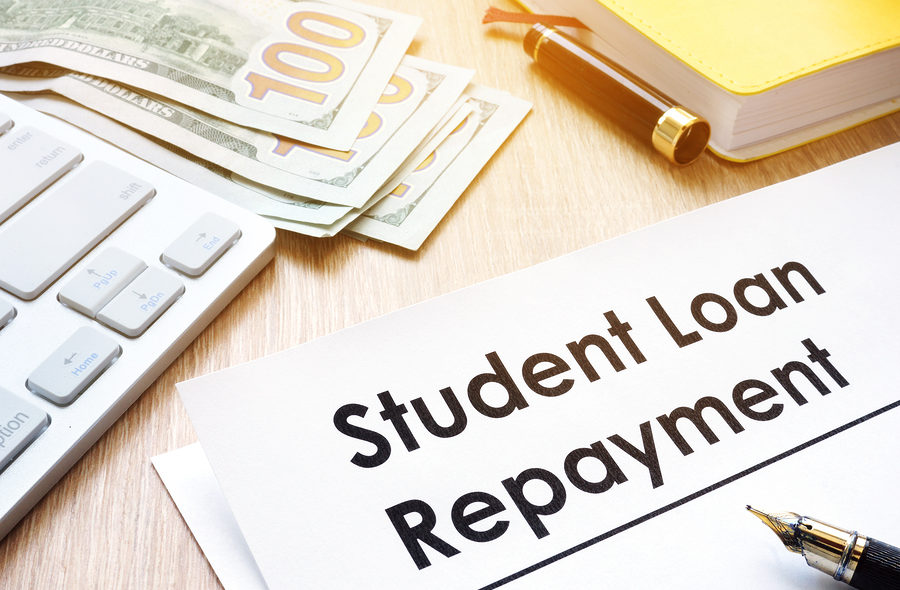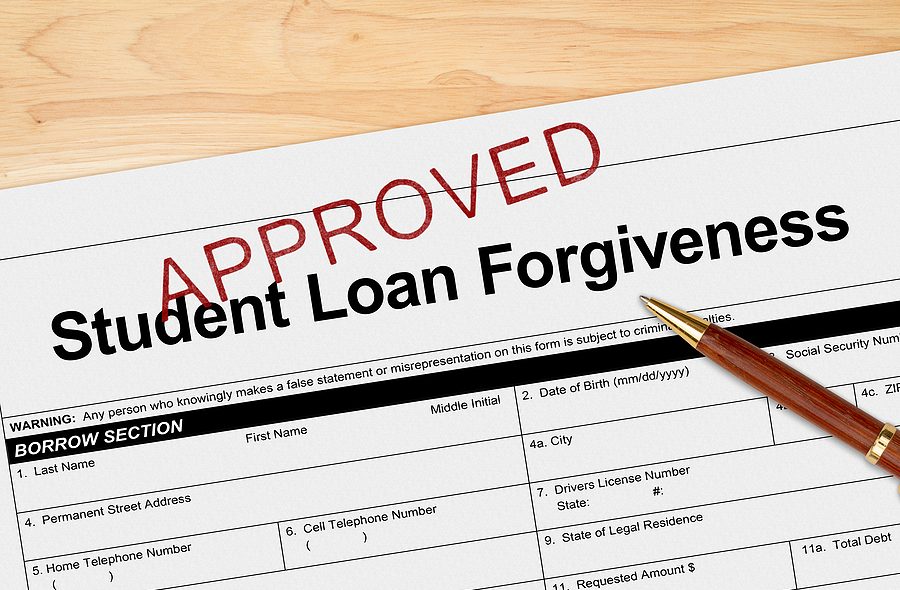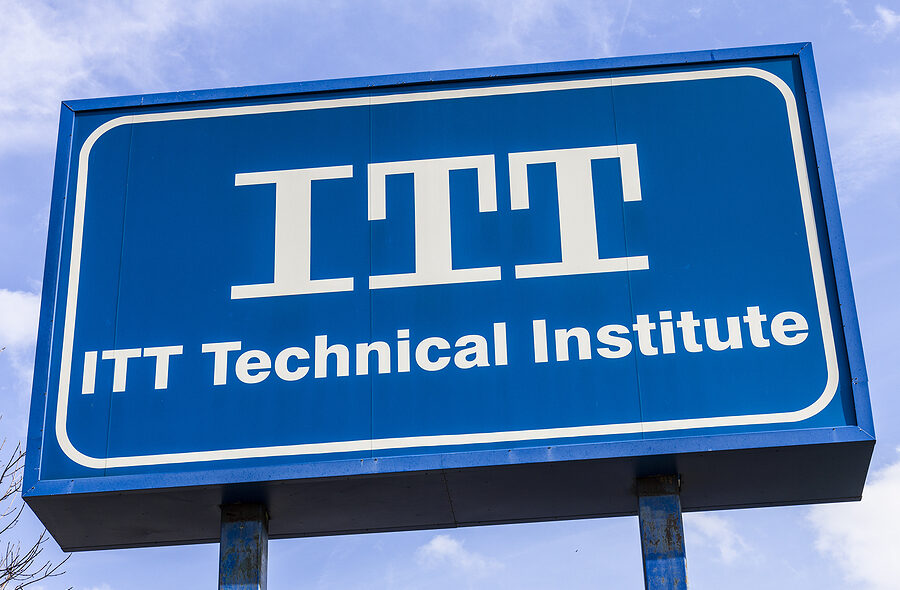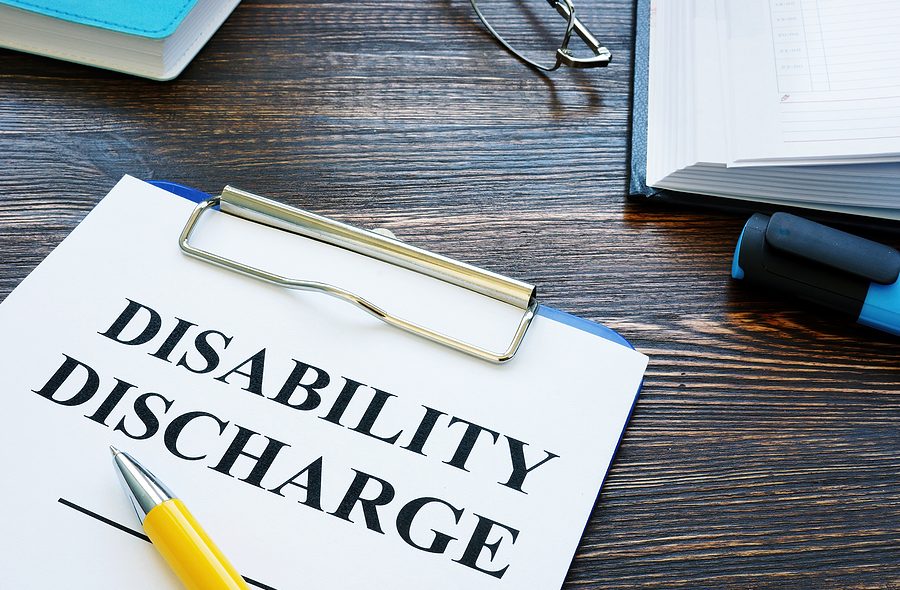The Biden administration has announced that the moratorium on federal student loan payments would be extended through January 31, 2022. This announcement came just over a month before the pause was set to expire at the end of September. According to the Department of Education, this extension is the final one that will be issued.
The moratorium was first put in place in March 2020 after Congress passed the CARES Act. The moratorium paused payments through the end of September 2020, keeping all federal student loan interest rates at zero percent, affecting approximately 42 million federal borrowers. President Trump then issued an executive order to extend the student loan payment pause through January 2021. As soon as President Biden took office, he issued another executive order extending the pause through September 30, 2021.
Please click here to read more.









